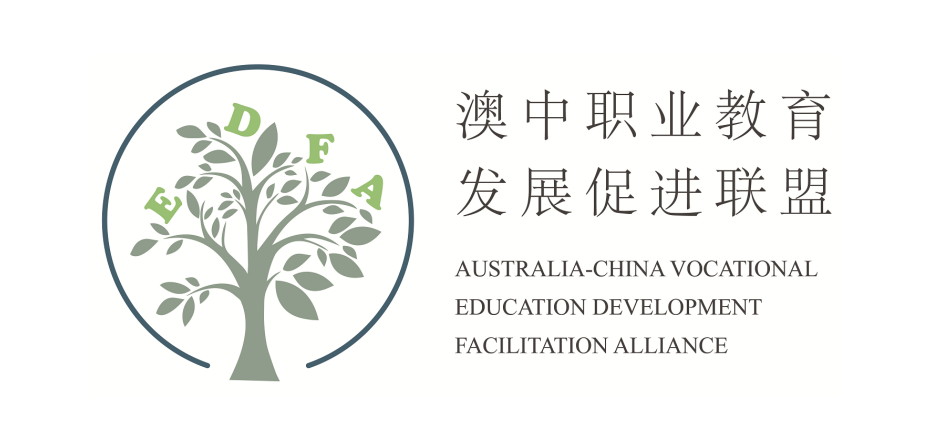
Beijing TAFE Education Model Reform has last for three years and made positive progress with remarkable results. On 23 October, Ms. Wang Yubo, associate researcher from Beijing Academy of Educational Science, Ms. Zhang Yuqiu, dean of Early Childhood Education Department from Beijing Qiushi Vocational School, and Ms. Xue Le, head teacher of Accounting Department from Beijing Economic Management School are invited to attend the 42nd episode of CETV 4 <Vocational Education of China> on China Education Network Television to extend the project implementation and experiences.
Beijing Academy of Educational Science
Associate researcher-Ms. Wang Yubo talks about Beijing TAFE Education Model Reform

1. Government, institute, school, enterprise, and industry work together on Beijing TAFE Education Model Reform
Ms. Wang mentioned the biggest feature of TAFE Reform is that government, institute, school, enterprise, and industry work together to promote the TAFE Reform. “Government” refers to Beijing Municipal Education Commission; “Institute” means Beijing Academy of Educational Science” along with the project to establish a mechanism of construction and sharing; “School” is responsible for the implementation of the Reform; “Enterprise and Industry” cooperates with schools to expand the influence.
2. International advanced concept of vocational education being localized in Beijing
As a research institute, Beijing Academy of Educational Science help 11 schools with construction and sharing localize the curriculum and achieve certain results below:
- Import Australian unit of competency to build curriculum system in modules and enrich current class;
- Take Australian standard as a reference and localize it with national industry standard;
- Bring in “competency-based”assessment concept and build up its own one, and focus on students’ ability of solving problems;
- Develop large amount of localized resources, including images, words, videos, cases, projects etc.
3. Set up blended learning model during the pandemic
AVEA Beijing has launched “AVEA Platform” to manage all the resources, technology and faculty during the pandemic, which helps to provide enough learning videos and online resources, and guarantees the implementation of both accounting and early childhood education of Bejing TAFE Reform.
Representatives from Beijing Qiushi Vocational School and Beijing Economic Management School give a full introduction of the TAFE Reform project about the curriculum integration, teaching, evaluation etc.
Ms. Zhang Yuqiu, dean of Early Childhood Education Department from Beijing Qiushi Vocational School
Ms. Zhang mentions that the school gives full support to this reform project. At the beginning, the TAFE session modules are integrated with the existing ones. After a comprehensive understanding of TAFE education model, competency standard and assessment, the school starts to adjust the talent training plan and ways of integration.
She also insists combining Australian competency standard with school’s practical teaching to set up a children-centered assessment system, which is a path of kindergarten-school integration and industry-education integration.
Ms. Xue Le, head teacher of Accounting Department from Beijing Economic Management School
Ms. Xue says accounting courses in her school are in three categories: core course, general course and workplace skill course. During the construction of the curriculum system, it is beneficial for school to bring in TAFE courses, communicate with experts, get to know the requirement of the industry and explore the international community. Enterprises attach great importance to the comprehensive ability of students, which is the reason why schools establish a multiple assessment mechanism, including personnel evaluation, quality assessment etc. In class they use Australian training packages to design and conduct different activities in small groups that encourage students to develop self-learning, communication and teamwork.


 简体中文
简体中文